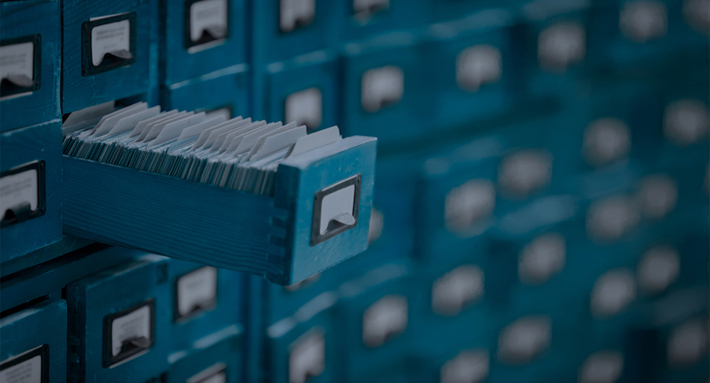
Data catalogs are now a significant component in the management of data in modern organizations. Those that have implemented successful data catalogs have an easier time analyzing data. They can have quality data and improve the speeds of handling data. So what is a data catalog?
A data catalog is defined as a neat and organized inventory of data assets across data sources in an organization. A data catalog helps organizations and businesses collect, understand, and use data in better ways. With the help of a data catalog, all the organization’s data, the associated metadata, and any data management and discovery tools can be ordered, indexed, and accessed quickly by the data users and business needs.
Why is a data catalog important?
Recent research by IBM shows that businesses spend 70% of their time looking for data and only 30% of the time utilizing it. A good data catalog helps ease data compliance and governance efforts in an organization. A good catalog helps in organizing and retrieving information in a manner that helps organizations comply with regulations like the GDPR. A good catalog helps organizations sort out their most relevant and updated data by standardizing the way it is stored and labeled.
What are the features of a good data catalog?
For enterprises to become completely autonomous with their search for data, a good data catalog must have these features;
A metadata registry
A modern data catalog must have a metadata registry. It should allow users to personalize different fields in their datasets and data categories. This helps in organizing a catalog and finding the data needed in a quick and efficient way.
A search engine
A search engine is a must-have feature for a good data catalog. The search engine helps users easily look for and discover metadata in a purposeful way. The use of keywords in the search engine makes the experience even better.
Data discovery tool
For data explorers to successfully look for their datasets, a good data catalog must map the data. Through the data discovery feature, a data catalog identifies newly collected and stored datasets and any modifications to existing ones in an organization’s databases through the last inventory.
A business glossary
A smart data catalog provides for a business glossary. The glossary helps data users to have a better understanding of the datasets in an organization’s databases. Through the glossary, users easily link business terms to data and its documentation.
A modular productivity template
A good data catalog must capture as well as update all technical and operational metadata from the organization’s data sources. Through the modular productivity template, data administrators can configure and add new properties to create document templates for their datasets.
Managing an organization’s data in the current age of big data is quite challenging. Data catalogs, as explained in this article, help in stepping up to these challenges. A good data catalog empowers employees in an organization to draw better data insights and make decisions quickly. Active data curation is a core element in data catalog success and an important practice for modern data management. A data catalog helps in creating a single source of truth for all organization’s data. It helps to quickly access and share the insights drawn from data thanks to a centralized repository. Finally, a good data catalog helps in enforcing and simplifying data security and compliance with regulations such as the GDPR. Be sure to try DQLabs’ augmented data catalog for assistance in data cataloging for your business.
